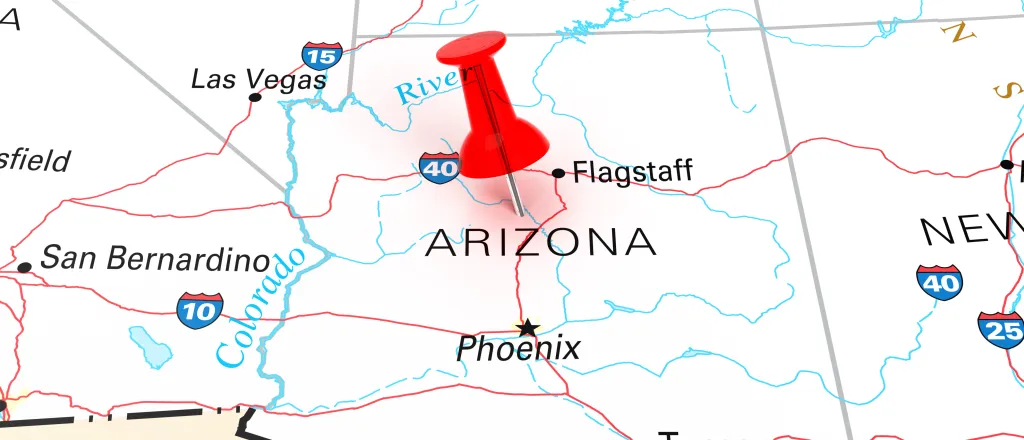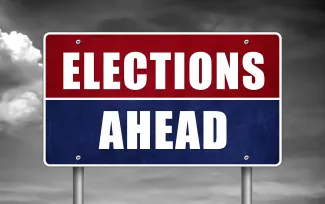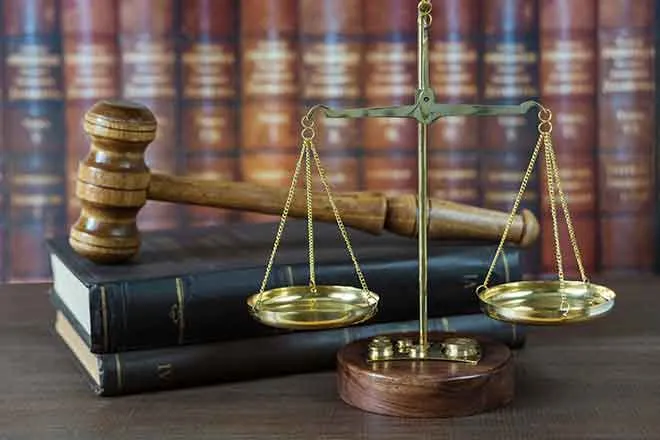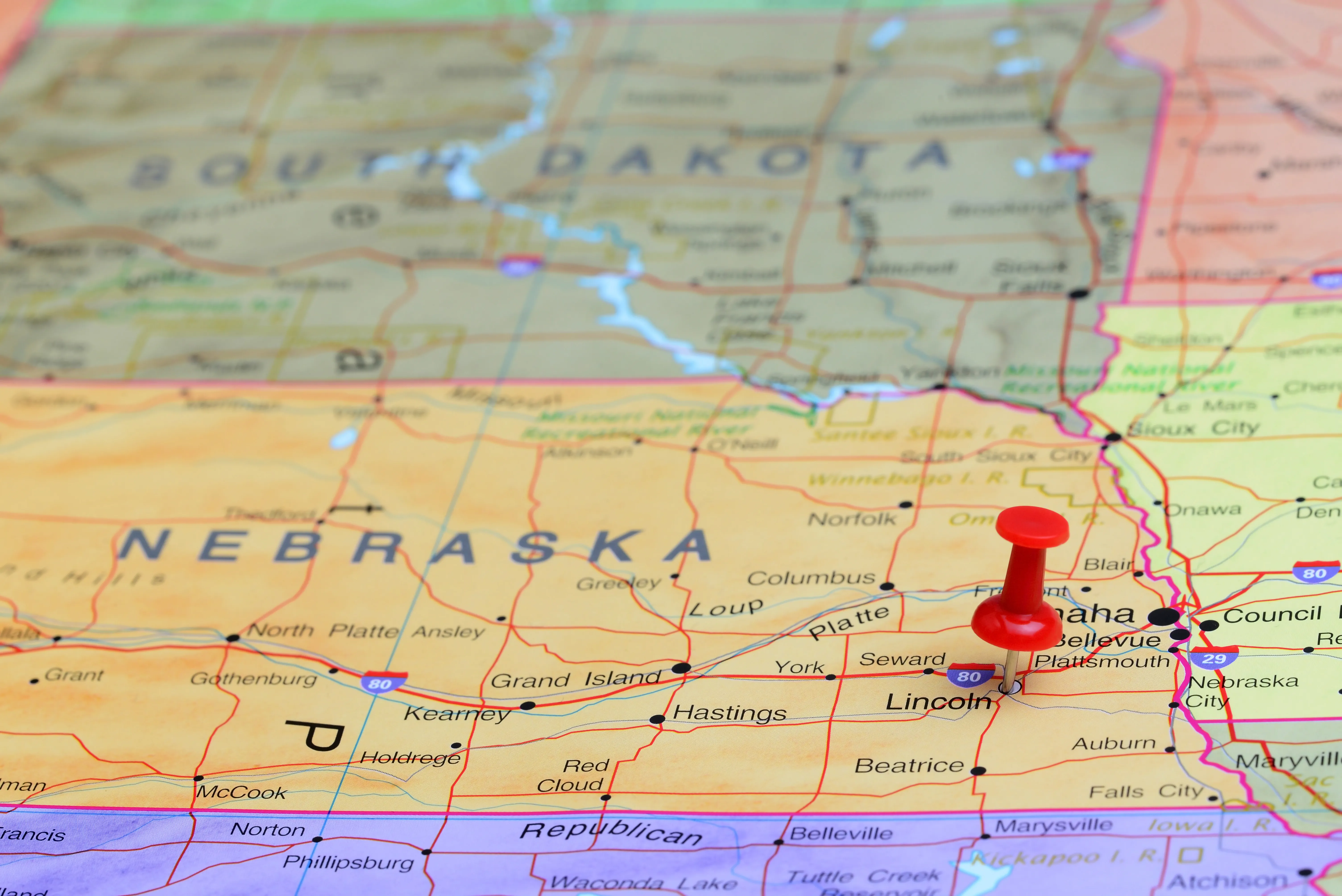
Arizona open primary ballot initiative fights legal challenges
Click play to listen to this article.
(Arizona News Connection) The committee behind an initiative to create open primaries in Arizona has come out on top of several legal challenges.
Just last week, a Maricopa County Superior judge ruled the legislative council responsible for writing descriptions of ballot initiatives wrote a misleading summary of Prop 140, the "Make Elections Fair Act." The council has been instructed to rewrite it.

The Arizona Free Enterprise Club also filed suit against the initiative, claiming it violated the state's "single subject" rule but it was rejected by another judge.
Frank Knapp, director of the advocacy group Business for Democracy, said his group supports the initiative as part of what he calls a "vibrant entrepreneurial economy" in Arizona.
"It is the free enterprise applied to our elections system and what works for the economy will also work for the elections system," Knapp argued. "I think the public will have a better product, they will have a more efficient, more effective government that is more interested in problem-solving."
The Arizona Free Enterprise Club has appealed the judge's decision to the state Supreme Court. Backers of closed primaries said they ensure only members of a given party will influence the party's nominees. But Knapp countered the current system does not make sense for Arizona, where Independent and unaffiliated voters are the largest registered voter bloc in the state.
Knapp stressed the initiative would make political races more competitive and give all voters the freedom to choose between the people vying for office. He added the state's closed primary system means election outcomes are dictated by around 20 percent of voters in the Republican primary and 15 percent of voters in the Democratic primary.
"Most seats in the House and Senate in Arizona are 'safe seats,' meaning that whoever wins the primary is more than likely going to win the general election," Knapp pointed out. "That's not very good for democracy."
Data from the Scholars Strategy Network found because of the lack of voter participation in primaries, those who do turn out tend to be more ideologically extreme, which means when a general election rolls around, moderate voters must choose between more polarizing candidates.

















